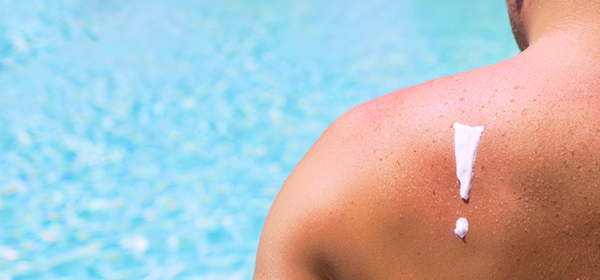Less than one-in-three Australian men (32 per cent) consider themselves at high risk of skin cancer, despite 82 per cent reporting at least one known risk factor, such as fair hair, skin that burns easily, or spending time outdoors each week.
Moreover, most men (61 per cent) have delayed a visit to their doctor despite having concerns about a health issue, with more than a quarter of full-time workers claiming to be too busy at work and unable to spare the time.
The Australasian College of Dermatologists survey, which was released on Wednesday, reinforces the importance of early skin cancer diagnosis, treatment and prevention among men for Australia’s most common cancer.
“Men are at higher risk of developing both non-melanoma and melanoma skin cancer than women but are often more reluctant to visit a doctor to have their skin checked,” explained dermatologist Dr Alex Varol.
“Often it is not until they know someone who has been diagnosed with skin cancer, that they too suddenly realise they could be at risk of the disease.”
These are some changes to look for when checking your skin for any signs of skin cancer:
- new moles
- moles that increase in size
- an outline of a mole that becomes notched
- a spot that changes colour from brown to black or is varied
- a spot that becomes raised or develops a lump within it
- the surface of a mole becomes rough, scaly or ulcerated
- moles that itch or tingle
- moles that bleed or weep
- spots that look different from the others.
So, how do you check your skin? Here are some pointers from Cancer Council Australia:
- Be sure to check your body all over, as skin cancers can sometimes occur in parts of the body not exposed to the sun – e.g. soles of the feet, between fingers and toes and under nails
- Undress completely and make sure there is good lighting in the room
- Use a mirror to check hard-to-see spots, such as your back and scalp, or get a family member, partner or friend to check those areas for you.
Have you ever had a skin cancer check? Do you have one of the significant risk factors?
Read more at Cancer Council Australia, with helpful images.
This article contains general information about health issues and is not advice. For health advice, consult your medical practitioner.
Related articles:
Dangerous skin cancer apps
Coffee could combat skin cancer
Easily overlooked cancer symptoms

